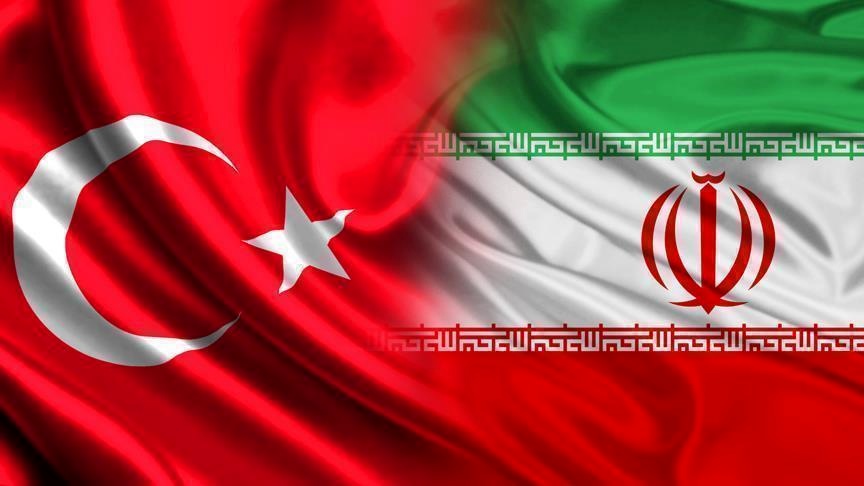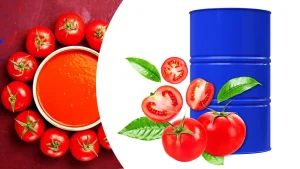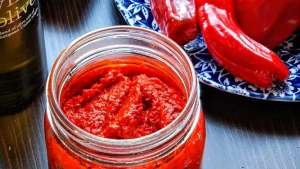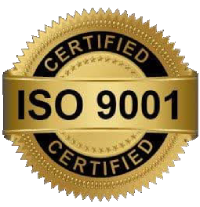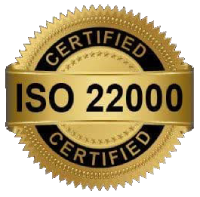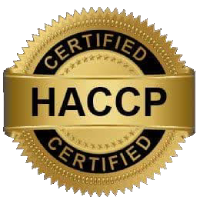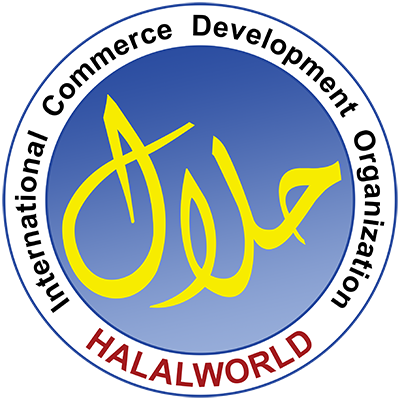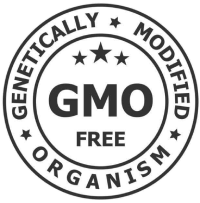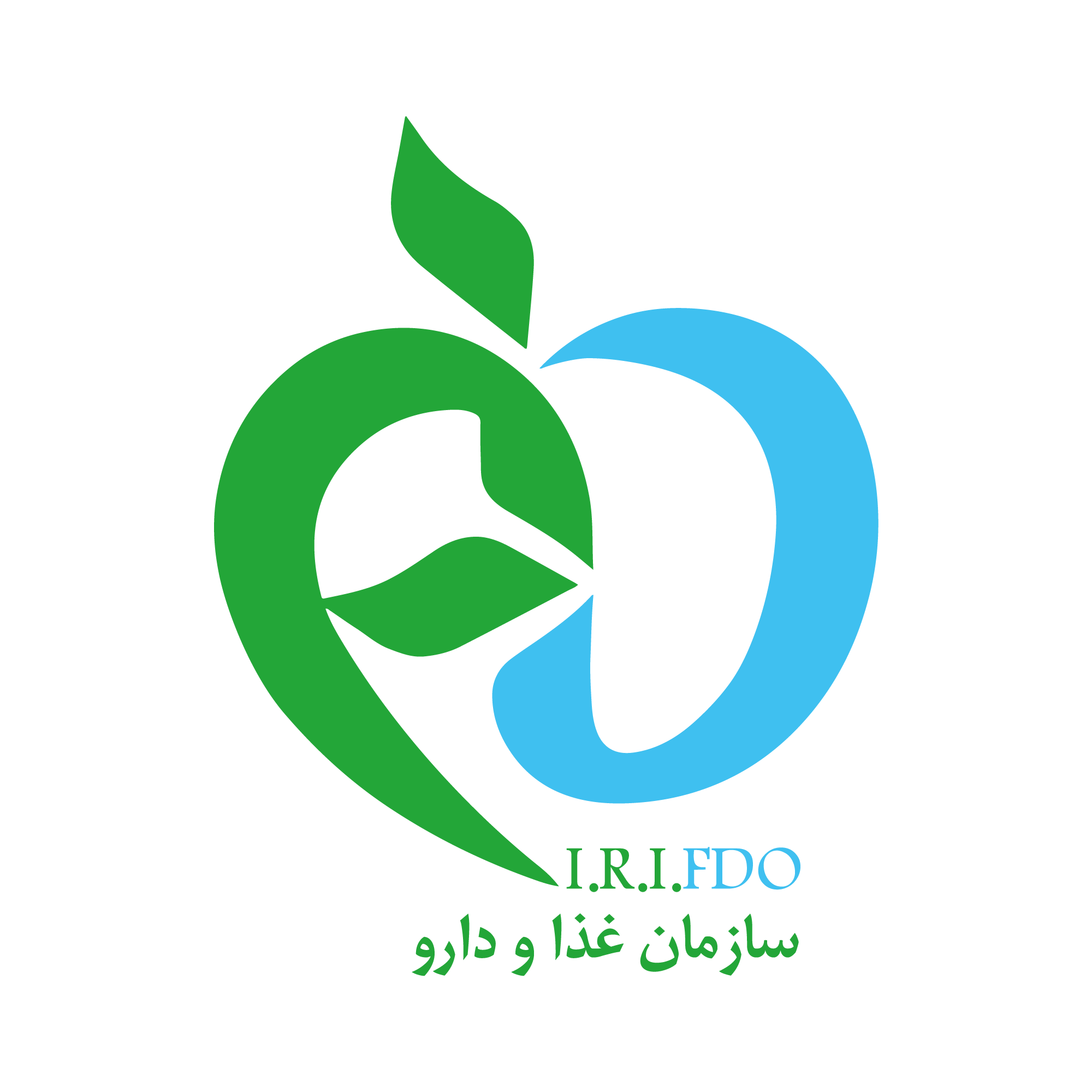Non-oil exports in recent years have been recognized as a key strategy to reduce dependence on oil revenues and to stimulate Iran’s economy. In this context, exports of agricultural products and food industries play an important role.
-
1
Importance of Tomato Paste Exports from Iran to Turkey
- 1.1 Market for Tomato Paste in Turkey
- 1.2 Preferences and Tastes of Turkish Consumers
- 1.3 Main Competitors of Iran in the Turkish Tomato Paste Market
- 1.4 Iran’s Export Capacities
- 1.5 Barriers and Challenges of Export
- 1.6 Transport and Logistics Limitations
- 1.7 Health and Quality Standards
- 1.8 Inadequate Marketing and Branding
- 1.9 Strategies for Export Development
- 1.10 Conclusion
- 1.11 Frequently Asked Questions about Tomato Paste Trade in Iran and Turkey
- 1.12 Summary
Importance of Tomato Paste Exports from Iran to Turkey
In this context, the export of tomato paste is a promising area. Turkey, as Iran’s western neighbor with substantial consumption and high import levels of tomato paste, provides an attractive market for Iranian producers. But is this path free of challenges?
In this article by Geranaz, while examining the tomato paste market in Turkey and Iran’s export capacities, we will also address the obstacles and solutions for export development.پ

Further reading: Don't miss the useful and practical article from the expensive paste business series on exporting to Iraq.

Market for Tomato Paste in Turkey
- Turkey, with a per capita consumption of about 7 kilograms of tomato paste per year, is one of the region’s large markets for this product. A significant portion of its tomato paste needs is met through imports.
- For example, in 2022 Turkey imported about 160,000 tons of tomato paste. These figures indicate the high potential of this market for Iranian exporters.
Preferences and Tastes of Turkish Consumers
- Turkish consumers typically prefer tomato paste with a light color, high viscosity, and balanced flavor.
- The use of specific spices such as red pepper is common in tomato pastes popular in Turkey.
- A variety of packaging options and hygienic packaging are among the buyers’ other expectations.
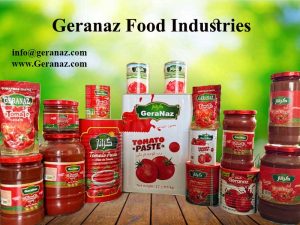
Main Competitors of Iran in the Turkish Tomato Paste Market
- Iran’s main competitors in this market are countries such as China, Italy, Spain, and Egypt. These countries have a long track record, strong branding, and price competitiveness, and they have an active presence in the Turkish market.
Iran’s Export Capacities
- Iran produces about one million tons of tomato paste annually, making it one of the region’s largest producers.
- The high quality of Iranian tomatoes, combined with modern production methods, provides high competitiveness in international markets, including Turkey.
- Also, the total cost of Iranian tomato paste is comparatively advantageous versus some of the main rivals.
Barriers and Challenges of Export
Despite existing capacities, exporting tomato paste from Iran to Turkey faces barriers and challenges. These include tariff and non-tariff barriers, transport and logistics constraints, Turkey’s health and quality standards, and insufficient marketing and branding.
Transport and Logistics Limitations
- The lack of adequate transport and logistics infrastructure creates difficulties in exporting tomato paste from Iran to Turkey. For example, transport costs and delivery times to Turkey are higher than those of other competitors such as China.
Health and Quality Standards
- Strict health and quality standards in Turkey are essential for tomato paste imports. Failure to meet these standards can lead to product returns and losses for Iranian exporters.
Inadequate Marketing and Branding
- Weak marketing and branding have led to Iranian tomato paste not being well known in the Turkish market, making competition with well-known brands more difficult for Iranian exporters.
Strategies for Export Development
To develop tomato, paste exports from Iran to Turkey, actions are needed to remove the existing barriers and challenges. These actions include:
- Quality improvement and product diversification
- Iranian producers should raise quality and diversify their products to meet Turkish market tastes and needs, thereby increasing their competitiveness in this market.
- Strict adherence to Turkish standards
- Compliance with Turkey’s health and quality standards, including ISO and HACCP certificates, is essential for tomato paste entry into this country.
- Development of transport and logistics infrastructure
- Improving transport and logistics infrastructure to reduce costs and delivery times to Turkey is a necessary step to increase tomato paste exports from Iran.
- Targeted marketing and effective branding
- Targeted marketing and effective branding, including participation in international trade fairs, advertising in Turkish media, and using digital marketing tools, can help introduce Iranian tomato paste to the Turkish market and increase Iran’s export share.
- Cooperation with Turkish traders and merchants
- Collaboration with Turkish traders and merchants can help exporters better understand the market, distribution, and sales of their products in this country.
Further reading: The Secret to Durability in the Gulf Markets: Export Strategies
Conclusion
Tomato paste exports from Iran to Turkey, despite high capacity, face challenges. By addressing these challenges and adopting appropriate strategies, it is possible to see an increase in exports of this product to this attractive and profitable market.
Frequently Asked Questions about Tomato Paste Trade in Iran and Turkey
- What factors affect the quality of tomato paste?
- Several factors influence quality, including:
- Quality of the tomatoes used
- Production and processing methods
- Compliance with health and quality standards
- Packaging type
- Several factors influence quality, including:
- Which countries are Iran’s main competitors in exporting tomato paste to Turkey?
- China, Italy, Spain, and Egypt.
- What advantages exist for exporting tomato paste from Iran to Turkey?
- High quality of Iranian tomatoes
- Competitive total cost
- Geographic proximity of the two countries
- Existing history of commercial cooperation

-
Tariff and Non-Tariff Barriers in Exports of Tomato Paste from Iran to Turkey
- Tariff Barriers:
- Customs tariff: Turkey imposes a 10% tariff on tomato paste imports to protect its domestic production.
- Additional charges and taxes: In addition to the tariff, other charges and taxes apply to tomato paste exports to Turkey.
- Non-Tariff Barriers:
- Health and quality standards: Turkey has stringent health and quality standards for food imports; non-compliance can lead to product rejection and exporter losses.
- Technical and regulatory restrictions: Turkey imposes technical restrictions and regulatory requirements on agricultural products, including tomato paste.
- Inspections and strict controls: Tomato paste exported to Turkey is subject to rigorous entry inspections and controls, which can cause delays and higher costs.
- Weak marketing and branding: A lack of market knowledge and weak branding reduce recognition of Iranian tomato paste in Turkey.
-
Ways to Overcome Barriers
- Negotiation with the Turkish government: To reduce tariffs and other tariff barriers.
- Obtaining standard certifications: Iranian exporters should obtain the necessary certificates to comply with Turkish health and quality standards (e.g., ISO, HACCP).
- Familiarization with regulations and procedures: Exporters should be well-versed in Turkish technical, regulatory, and customs requirements to prevent problems in the export process.
- Strengthening marketing and branding: Iranian exporters should employ modern marketing and branding approaches to introduce Iranian tomato paste to the Turkish market.
Summary
Tomato paste exports from Iran to Turkey present a favorable opportunity for expanding non-oil exports and boosting the country’s economy. With precise planning, improved quality and variety, modern marketing and branding methods, and addressing the existing challenges, Iran’s share in this attractive and profitable market can be increased

